Top Tier Engineering Program
Overview
The Top Tier Engineering program is a comprehensive series of 2-hour hands-on modules with coaching options, in support of improving engineering leadership, project management and agile product development abilities. Custom tailored workshops can be arranged online or onsite by selecting desired modules and tailoring the content to meet your needs. Each module is a workshop format that facilitates action, consisting of pre-work, hands-on exercises, discussion topics and implementation post-work. Workshop leaders have an extensive engineering leadership background focused on hardware-based product development using agile methods.
A key aspect of our approach is a facilitated action plan for achieving business goals and developing specific abilities needed to achieve those goals. Real-world product development examples and case studies are used to reinforce key learning points. Since 2002, thousands of engineering leaders have benefitted from the relevant examples, experienced instructors, and the practical approach that facilitates results.
Sample Clients
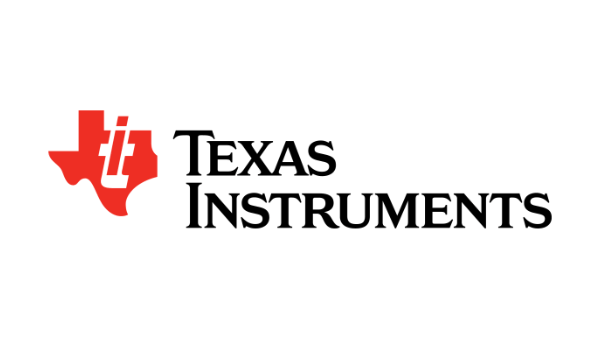
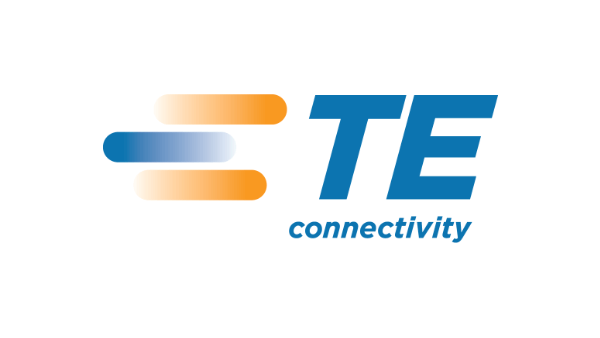
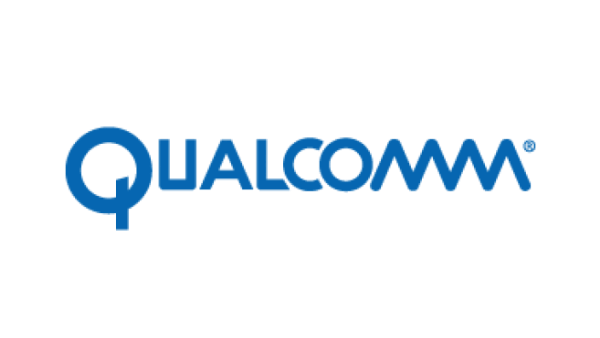
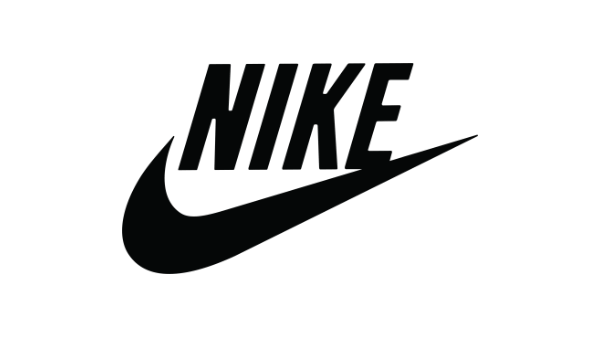

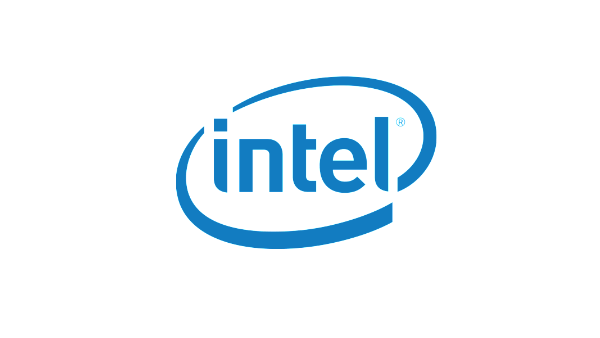

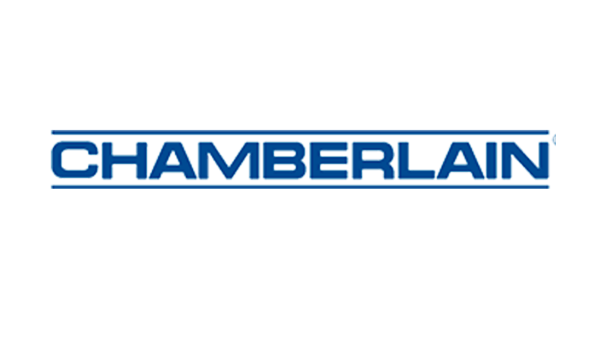
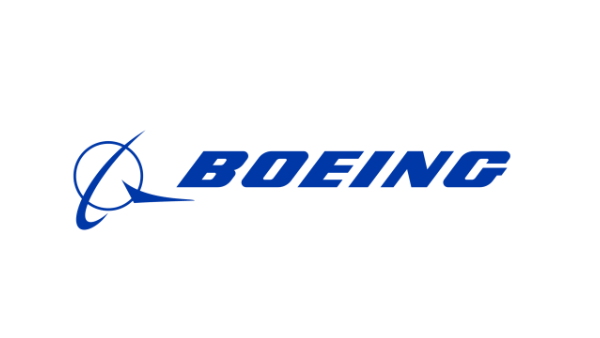
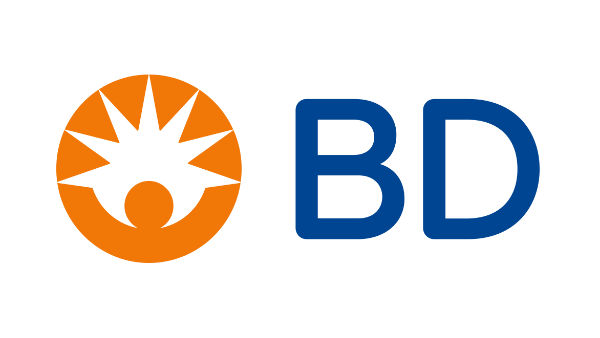
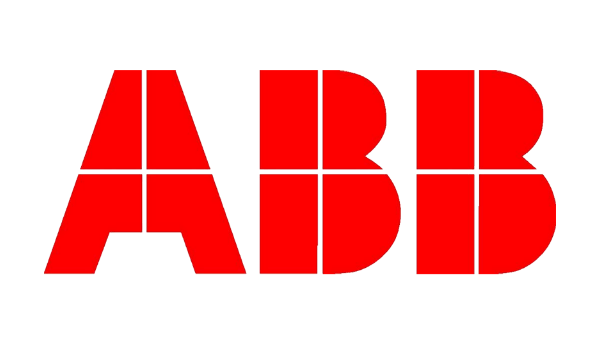
Workshop Modules
Leadership
Engineering Leadership Fundamentals (2 hours)
- What is leadership?
- What is Agile Engineering Leadership?
- Key leadership characteristics
- Influence without authority
- Overcoming engineering leadership challenges
- Getting support for new ideas
- Differences between leadership & management
=======================
Leadership Communication
(2 hours)
- Forms of communication
- Becoming a better listener
- Engaging your audience
- Inspiring action
- Fulfilling diverse stakeholder needs
- Communication strategies
=======================
Building Rapport, Trust & Respect (2 hours)
- Opportunities for building rapport
- The art of influence
- Building rapport with senior leaders
- Helping others to see your view
- Dealing with conflict
- 20 elements of trust & respect
- Maxwell’s 5 Levels of Leadership
=======================
Leadership Assessment and Development Plan (2 hours)
- Balancing leadership and management development
- Core leadership assessment
- Dedication to leadership development
- Leadership competency goals
- Prioritized leadership objectives
Engineering Excellence Topics
Engineering Leadership Core Values (2 hours)
- Core values that always matter
- Engineering-specific values
- Determining the values you want to instill on your team
- Leading by example to reinforce organizational values
- Developing leaders aligned with core values
=======================
Driving a Culture of Technical Excellence (2 hours)
- Foundational engineering principles
- Engineering best practices
- Setting quality of work standards
- Efficient knowledge transfer
- Developing problem-solving skills
- Supporting a balance of innovation and execution
=======================
Building and Leading High-Performing Teams (2 hours)
- What is a high-performing team?
- Lencioni’s Five Dysfunctions model
- Ideal team dynamics
- Leveraging agile methods to strengthen commitment & accountability
- Support needed for ongoing motivation and consistent results
=======================
Facilitating Exceptional Communication (2 hours)
- Awareness of communication challenges
- Communication as a key part of your organizational culture
- Empowering teams for self-management and communication accountability
- Utilizing management tools for communication flow
- Project communication planning
Strategic Leadership Topics
Visionary and Strategic Engineering Leadership (2 hours)
- What it means to be a visionary leader
- Communicating a clear & achievable vision
- The need for organizational & strategic agility
- Strategic thinking & balancing short-term with long-term strategies
- Business acumen needed for success
=======================
Adaptive and Situational Leadership (2 hours)
- The need for an adaptive leadership approach
- Situational context
- Adapting to individual team member and stakeholder needs
- Adapting without deviating from your core beliefs
- The importance of leadership timing
- Developing your situational leadership abilities
=======================
Top-Tier Engineering Leadership (4 hours)
- What is Top-Tier Engineering Leadership?
- Balancing technical, communication, leadership, management and business abilities
- Balance depending on role
- Top-Tier Project Leaders
- Top-Tier Engineering Managers
- Top-Tier Engineering Executives
- Top-Tier Chief Technologists
- Assessment and action plan
Management
Project Management Fundamentals (2 hours)
- Key project management concepts
- Best practices and why they matter
- Project lifecycle models
- Building your project management toolbox
- Adapting methods for different project situations
=======================
Engineering Project Planning and Tools (2 hours)
- Project planning elements
- Planning methods & tools
- Risk identification & mitigation
- Project communication planning
- Facilitating Team & stakeholder alignment
- Work and requirements breakdown
- Project plan sizing
- Quick-start Project Planning Guide
=======================
Project Estimation (2 hours)
- Overview of traditional and agile methods
- Top-down and bottom-up estimation
- Data-driven methods
- Opinion-based methods
- Collaborative estimation
- Best and worst case analysis
=======================
Schedule Management and Risk Mitigation (2 hours)
- Scheduling methods & tools
- Critical path and slack time
- Managing major and minor dependencies
- Risk management methods & tools
- Proactive risk mitigation
- Master risk register
=======================
Project Communication Methods and Tools (2 hours)
- Elements of communication planning
- Leveraging available tools for project communication
- Minimizing communication inefficiencies
- Project status communication approaches
- Facilitating stakeholder input and timely decisions
Managing Multiple Projects
Project Metrics and Key Performance Indicators (2 hours)
- Project metrics overview
- Metrics vs. KPIs
- Determining measures aligned with goals
- Project & team success categories
- Identifying major areas for continuous improvement
=======================
Managing Multiple NPD Projects (2 hours)
- Multiple project management responsibilities and challenges
- Prioritization across multiple projects
- Multi-project management phases & flow
- Resource allocation methods
- Utilizing multiple lifecycle models
- Organizational structures and concerns
=======================
Project Portfolio and Pipeline Management Overview (2 hours)
- Traditional and agile portfolio prioritization
- Key roles and responsibilities
- Portfolio scoring methods
- Traditional vs. agile resource allocation
- Team commitment based resource allocation
- Symptoms of project portfolio management issues
Engineering Functional Management
Transitioning from Engineer to Manager (2 hours)
- Key differences and challenges
- Management styles
- Developing key leadership & management abilities
- Balancing technical, management and leadership effort
- Responsibilities as part of your management team
- Tailoring your approach to the team’s way-of-working
=======================
Effective Management of Agile Teams (2 hours)
- What’s different about agile vs. traditional management
- The role of the agile engineering manager
- Getting full benefit from an agile way-of-working
- Key support needed beyond engineering management
- Agile resource allocation
=======================
Balancing Management Skills with Leadership Ability (2 hours)
- Differences between leadership and management
- Essential engineering management responsibilities
- Key leadership traits and how to develop them
- Balancing leadership, management and technical contribution
- Facilitated development plan
Agile
Agile Product Development Overview (2 hours)
- Agile principles and frameworks
- Agile NPD situations, goals and challenges
- Differences between software and physical product agile development
- Key elements needed for complex cross-disciplined projects
- Agile organizational structures
- Agile portfolio and resource management
- Overview of key roles and tools
=======================
Building a Culture for Agile Success (2 hours)
- What is agile success?
- Typical challenges to overcome
- Identifying issues & prioritizing effort
- Leadership roles & responsibilities for supporting success
- Agile management approaches for shaping your agile culture
- Rapid agile transformation in a large enterprise
- Tracking continuous improvement
=======================
Agile and Modified Agile for Hardware Development (MAHD) Overview (2 hours)
- Agile principles relevant to physical, manufactured products
- Overview of agile frameworks and typical modifications needed
- Modified Agile for Hardware Development (MAHD) framework
- Sequential frameworks and shortcomings
- Key framework elements needed for an effective hybrid approach
- MAHD framework elements
- MAHD project example
=======================
Agile Roles, Responsibilities and Transitioning (2 hours)
- Key agile roles & core teams
- Software roles vs. physical product development roles
- Misconceptions about roles and agile activities
- Autonomous teams – what that means for leaders and team members
- Mapping traditional roles & responsibilities to agile teams
- Common team organization models – pros and cons of each
=======================
Agile Product Owner Fundamentals (2 hours)
- Product Owner responsibilities
- Levels of product ownership
- Typical challenges to overcome
- Agile mindset and product vs. project mindset
- Cone of Uncertainty concept
- User story prioritization
- Agile requirements management
- Product Owner and Project Leader collaboration
=======================
Agile Project Leadership Fundamentals (2 hours)
- Project Leader, Product Owner & Functional Leader agile roles
- Agile Project Leader key responsibilities & challenges
- Cross-functional agile planning & execution
- Up-front agile planning elements
- Iteration planning approaches
- Agile leadership of sub-team details
- Project Leader and Product Owner collaboration
=======================
Cross-Functional Agile Planning (2 hours)
- Cross-functional planning roles
- Approaches for agile requirements development
- Initial prioritization and focus
- Agile planning to an overall schedule
- Facilitating cross-functional agile planning & alignment
- Initial backlog and estimates
- Hands-on iteration planning
=======================
Cross-Functional Agile Execution (2 hours)
- Iteration goals and key metrics
- Acceptance Criteria & Definition of Done
- Agile forecasting methods
- Ongoing iteration plan refinement
- Iteration planning tools
- Progress visibility and stakeholder feedback
- Overcoming challenges – tips for consistent success
=======================
Agile Estimation and Work Breakdown (2 hours)
- Agile estimation methods
- Estimation refinement
- Use of epics, user stories, tasks and subtasks
- Establishing velocity for agile forecasting
- Work item ownership
- Using versions or releases for tracking iteration progress
=======================
Sprint Planning and Execution Success (2 hours)
- Approaches to teams and sprints
- Roles, responsibilities and team self-management
- Overcoming typical challenges
- Tips for quick & efficient planning
- Agile and Scrum misconceptions
- Leveraging tools for team communication
- Aligning to cross-functional plans and goals
- What does “success” mean? – key measures of success
What are Your Team’s Goals and Challenges?
Contact us today for a complimentary consultation to discuss your group’s agile & engineering leadership development goals.

